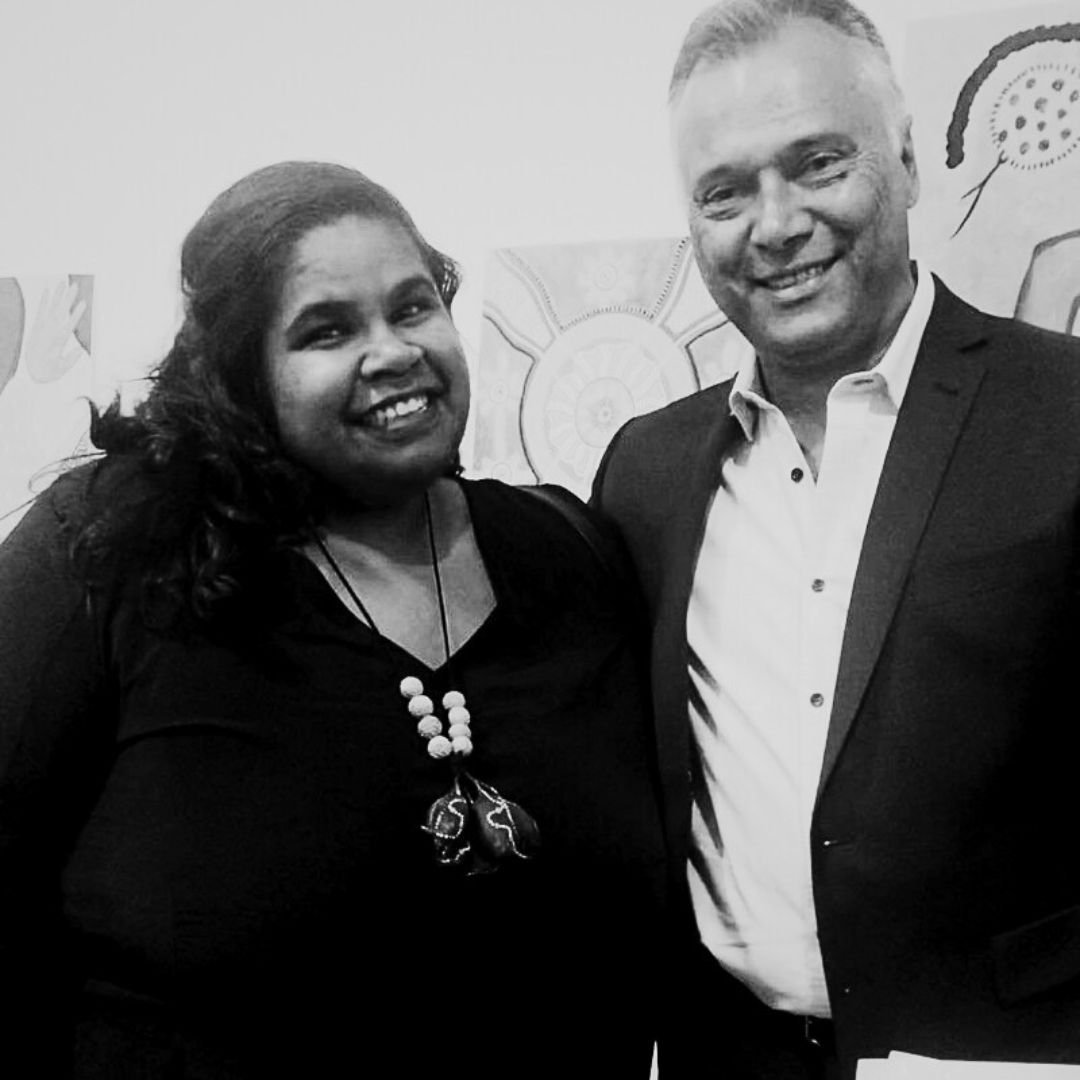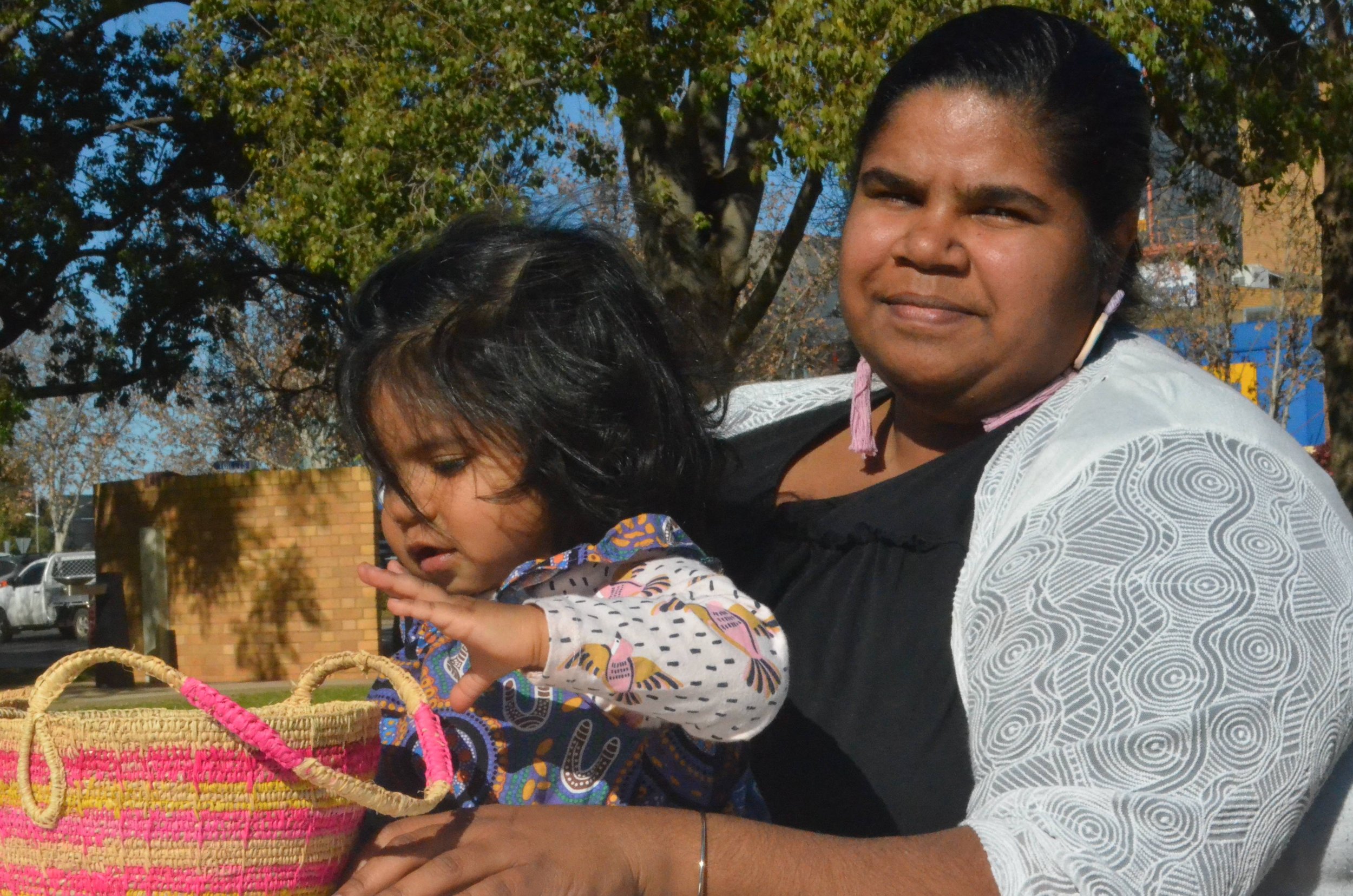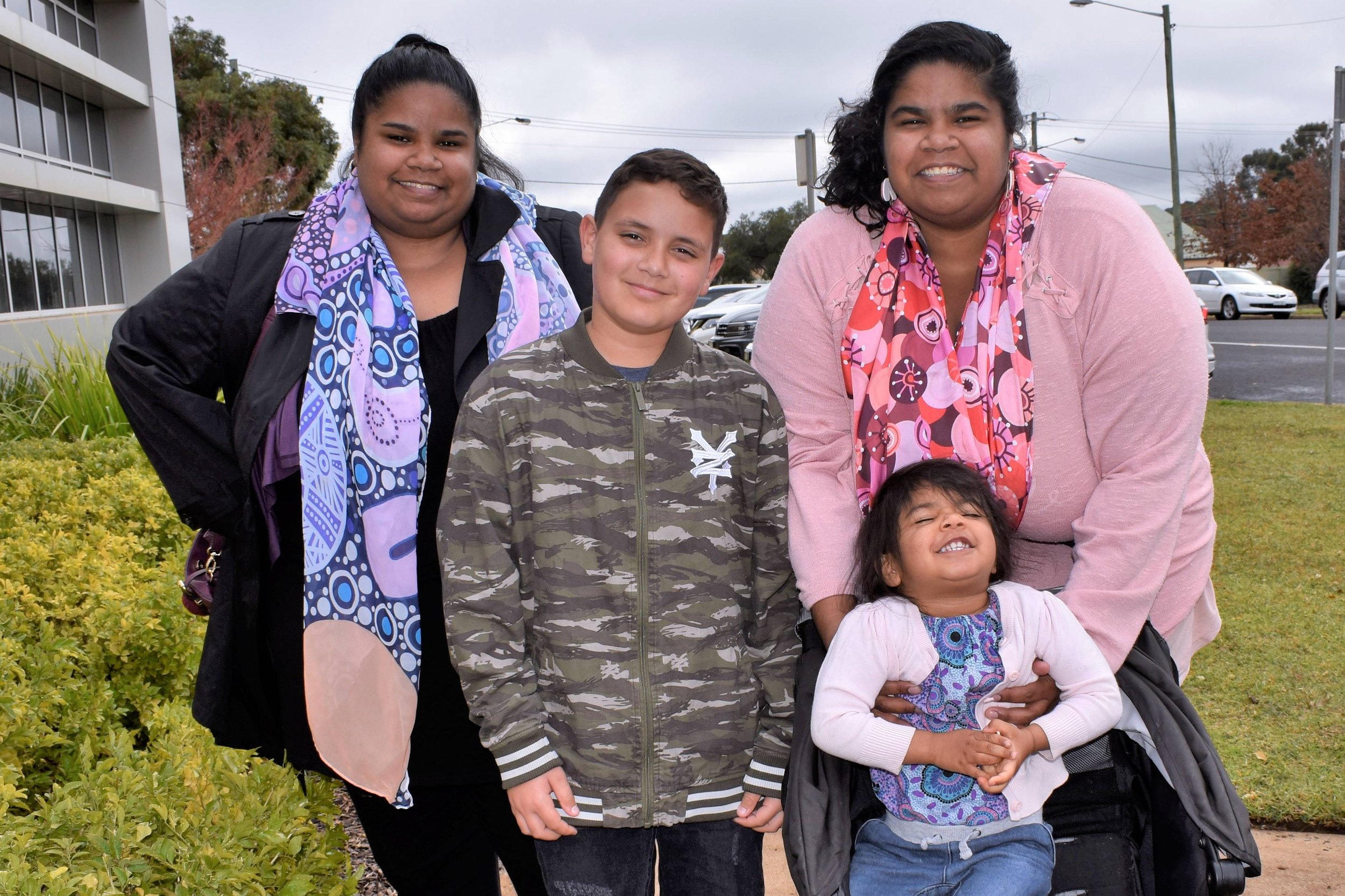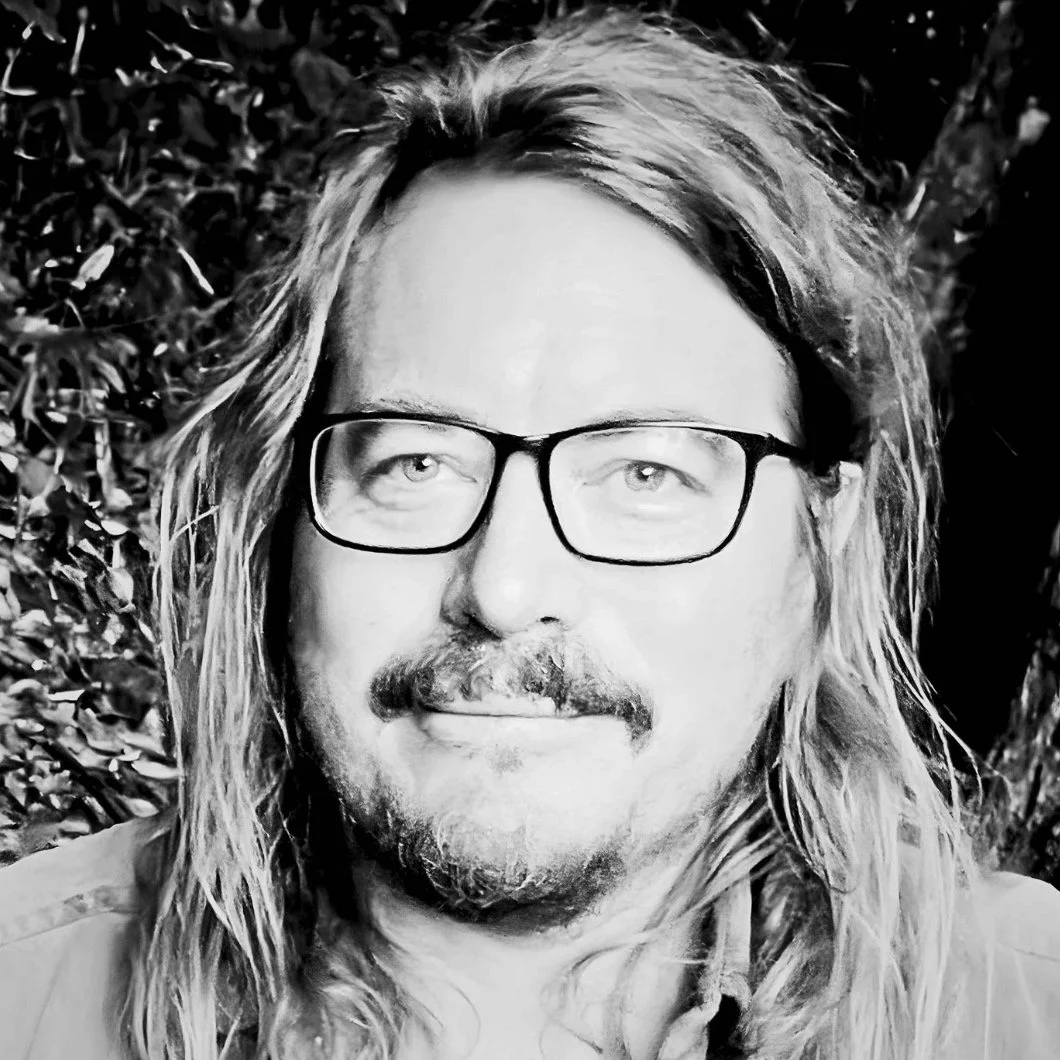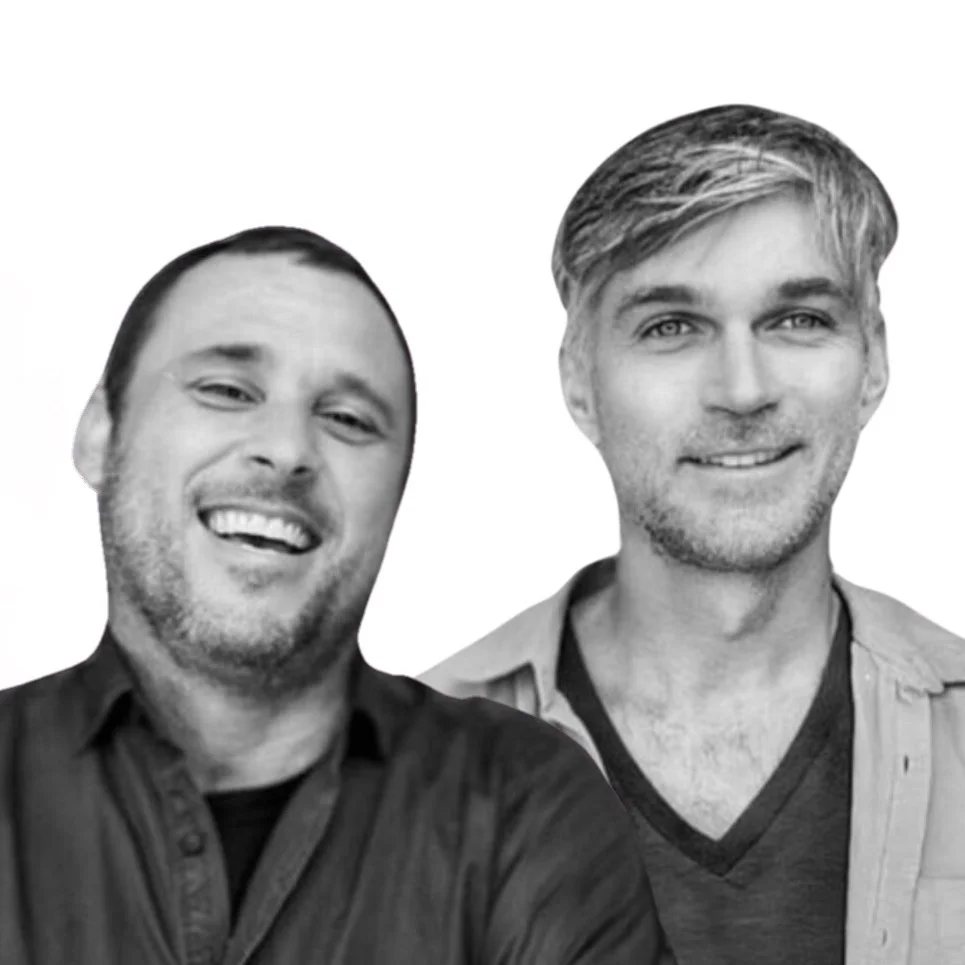Maydina Penrith On Building Resilient Rural Communities Using Indigenous Australian Wisdom
Aboriginal people should be aware that this article contains images of deceased people.
Wiradjuri Yuin Nari Nari Wotjobaluk woman living on Wamba Wamba Perrepa Perrepa county. Maydina has been an outspoken agent of change and engagement for young people and her Aboriginal community.
She is passionate and committed to advocacy with over 25 years’ experience in the Youth LED sector and Aboriginal community affairs in which she has had extensive time in the public eye including being featured on Channel TEN’s The Project as National Youth Week Ambassador.
Maydina discusses the role community led initiatives play in shaping the future, understanding the perspectives of Indigenous Australians when creating social impact, and the importance of listening to regional voices.
Highlights from the interview (listen to the podcast for full details)
[Sarah Ripper] - To start off, could you please share a little bit about your background and what led you to where you are today?
[Maydina Penrith] - I grew up in Griffith and around surrounding areas, including Goolgowi, a regional remote area. Since then, I've always been in the youth led/community volunteer space, and I’ve been doing that for 25 years. I was always passionate and saw the capacity built in me as a young person in that space, and I continued maintaining that while also pursuing a career and just working with mob and community on all different levels, whether it was in local or state government, self-employed or as a consultant. I've been everywhere, and I'm very passionate about maintaining our connection to country and culture, not just for my generation but also regarding what legacy our work will leave for the next 150 years. That's what’s front of mind, whether I’m showing up in my everyday job or the work I invest back into community.
Can you tell us a little bit more about the spaces you've worked in, both as a professional and in community development?
My highlight would be I was the inaugural First Nations Manager for Football Australia. I got to work across the country with A League teams, and alongside state member federations, we hosted National Football Indigenous Festivals. That was an eye opening and enriching experience, just to see from grassroots up to the highest levels what we can achieve as Black Fellas when we get to pursue our passion. At the same time, I was appointed to the NSW Ministerial Taskforce of Aboriginal Affairs. At the time that task force produced the OCHRE Plan, which still exists in New South Wales Government today. At the time, it was bipartisan supported, and I was the youth representative and only woman on that task force to represent and bring that voice to our work. The fact it still exists today in government, even though we've had changes of parties [is amazing]; it's getting a fresh look now because of work we did 13 years ago.
At the time, I wanted to have some intention about my work, and I set a goal to have a significant impact on New South Wales Aboriginal communities over 10 years. With the work of the OCHRE plan, I ended up achieving that in eight months!
That experience was mind blowing. I got to travel around the state and be exposed to how you can achieve significant change, a real example of having your voice heard and implemented. I've been able to retain a lot of connections through all those processes and experiences.
Particularly in regional communities, can you tell us a little bit more about some spaces you've worked within?
In starting that work, I made a conscious choice to remain and live regionally. Even though there might have been opportunities for me to progress and higher roles for me to able to make an impact, I weighed that up with my values, to remain on Country and live regionally.
In saying that, I needed to reflect on my skill base and what I had to offer, by looking through what my lived experiences were in the workplace and where I was experiencing success. Then I wanted to build capacity back into some Aboriginal community-controlled organisations, and it was very challenging. But I saw myself as someone who had the skills and knowledge, so I then had the responsibility to take it on. I did see a lot of meaningful change which needed to happen. For me, it was being exposed and having knowledge of the issue which made me pursue it. You do take a hit in terms of needing to expand your resources and managing what you commit your time to, but in the end, it was a worthwhile pursuit. At this point, I'm more than happy to step away, because I feel like I can see things are thriving. It's good to not to be needed, we need to be consciously working ourselves out of the job in this space.
As someone who is a leader in both Aboriginal affairs and regional community spaces what are the challenges, opportunities, and possibilities you see ahead?
I want to start with possibilities, mainly because I often look at the health and well-being of society. It's a slower pace when you move regionally, but there's also a stronger sense of community and connection. That's the feedback I receive when talking to my metropolitan colleagues about what we get up to. We have the neighbours over for bonfires on the weekend, toast marshmallows and live that sense of community. That mentality is a bit more scarce in metropolitan areas, and we value it much more than others.
the possibilities are just around self-care and managing how we're looking after the environment. a lot of the possibilities and opportunities exist by being present in regional areas, that's what we have to offer.
In Deniliquin (where I live), the Edward River runs through the town, and there is a sense of belonging, connection and identity which especially Aboriginal people and I get to experience. Being on Country is quite powerful and meaningful. In the space we are in, it's a place where you can get in and do the work, because of that sense of community and what skills everyone brings to the table. That's the motivation, you get to see and live the outcomes of your work. You then become an example of what’s able to be done; you might win an award or become an example cited in policy change at the higher levels of government. The challenge is a lot of your time and resources need to be invested up front, but in saying that, you are motivated by living and breathing those outcomes. What I experience also is I stretch myself too thin. I'm at an age where I know it's about exchanging energy and resources, not necessarily money. That shared economy is what the future will look like, and it's going to include a lot around health and wellbeing.
What are things people who have never lived in a regional community should understand more deeply?
What I’ve learnt from others comes from the skills and life experience people are more willing to share when you're a part of a smaller community. I found myself doing it as well, you need to know how to navigate services and be proactive, because things are few and far between.
Small communities just enhance everything in your life. You're always looking for what event is on and who are we supporting. Our ethos is we're environmentally conscious. A great example in Deniliquin is we have a purpose-built store (Naponda Store) for people who have excess produce from farms or things that they're selling. It's operated off a volunteer basis, and we're in a way looking at that traditional sense of community for how to operate. We're actively not trying to waste things by being more conscious of the environment, because especially here we are more impacted by climate change. For example, how the river operates, if we're flooding or experiencing natural events and disasters, we need to consider how to be more prepared for those things. Feeling the impact more, you become more prepared, become closer, and share your lived experiences. Especially with the older generation who tend to stay, there are a lot of us younger people with kids. When you've got those two demographics coming together, there's a lot to learn and about growing up and raising kids. I tend to look back for solutions now, I tend to find out how we used to do things. How did we used to come together? We're all raising kids in a community aspect, and there were less distractions and ways of communicating. That's what it is in summary, I find everything's a bit more meaningful in how I operate my daily life. It's insane that it enhances my communication and connection. Whenever I'm popping into a different town, I'm reaching out to people to catch up, reconnect and see what everyone else is up to. I have those motivations, but it also informs the way I am living.
As a Wiradjuri woman, are there specific values or wisdom you would like to share with our audience?
I would love to, and this reflects more on the regional perspective as well. In Wiradjuri, we have a word Yindyamarra. It means respect, but it also means be still and go slow. When we speak about how we're going to adopt the ethos of Yindyamarra, it involves respecting all aspects of meaningful relationships through the First Nations values of caring for Country and continuing our traditional ways of living. To me, that is all summed up in Yindyamarra, and that is what I feel has an impact, especially when I'm forming and open to relationships.
The more I see the wider community understands First Nations values, what they mean and how if they're embedded in community, then when Aboriginal people thrive, we all thrive. It is my experience, especially across not just Wiradjuri Country, but all countries, that First Nations people are happy to engage and share, especially our learnings and ways of being.
That is through Yindyamara, going slow and building meaningful connections and relationships, not just for short periods of times or specific reasons, but because we have a responsibility to care for country. We also have a desire to continue our traditional ways when we say caring for Country, but it's also about caring for our people and communities. A lot of our values align, and when that's understood, powerful things can happen. There are some great examples of organisations doing that. To me, I would love to see more continued with focus.
What inspiring projects or initiatives have you come across creating positive change?
I must give a shout out to Landcare in New South Wales and how as an organisation they're starting to adopt that desire for connection to the Aboriginal community. They are starting slow and looking at how they can meaningfully adopt change, but it's also a visible organisation which exists across the state. I'm sure there are many more different organisations, but to me they're centred around how we can be sustainable and the work they do to promote traditional ways of being. It could be through us wanting to see more cultural burns; post natural disasters there is always a story around how a property’s been protected because of introducing traditional ways of looking after the land. When those organisations exist, they can continue that, promote it and spotlight it. They've got some important work to do, especially being non-government but volunteer driven. A lot of the work they're going to do we may not benefit from now, but it's very important work when talking about what legacy we will be leaving.
To finish off, what books or resources would you recommend to our audience?
Right now I'm looking at the work of Byron Katie. She wrote Loving What Is. I want to talk about anything that promotes a person’s way of thinking and limiting beliefs. This is especially important regionally and as a First Nations woman; there is of a lot of intergenerational trauma because of things that have happened in the past, but then there are opportunities we have now. Her work is more around what’s the reality and how can we make meaningful change for ourselves?
Find something you constantly need to look at, then question your limiting beliefs and what you can achieve. I do that every day, and I shared with you how in the past I did this by choosing not to move to a major city to pursue my career.
Instead, I stayed regionally, I thought if people value me for my skills, they would find ways to keep me. We need to just offer different perspectives on situations, and it's work we've got to do ourselves.
Initiatives, Resources and people mentioned on the podcast
Naponda Store (The word Naponda means “quiet waters” which sums us up really, a gentle community where wonderful things slowly and peacefully come to fruition.)
Recommended books
Loving What Is: Four Questions that Can Change your Life by Byron Katie

